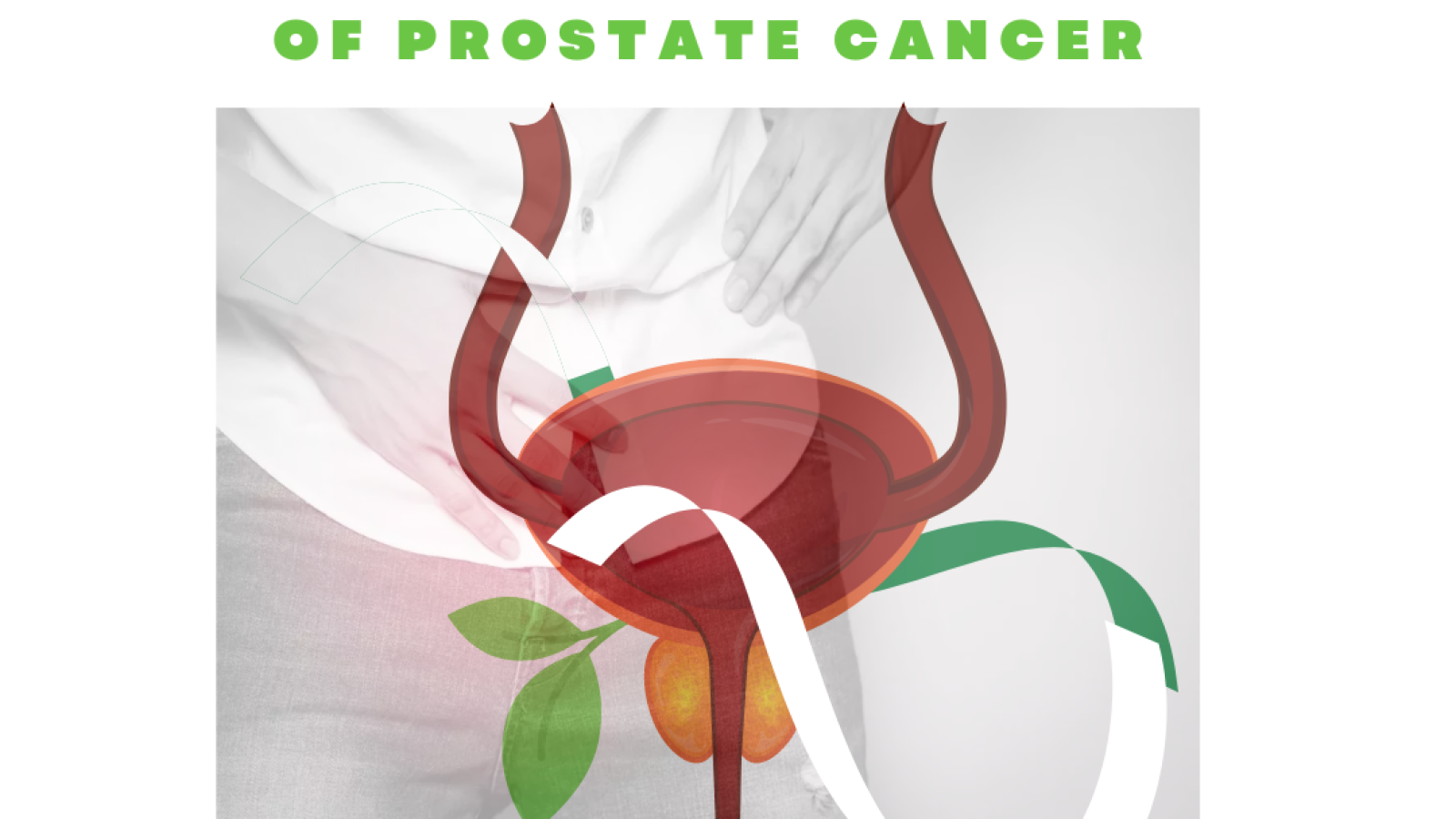What is Prostate Cancer?
In this article, we will discuss 5 tips to lower the risk of prostate cancer. But first, what is prostate cancer?
Prostate Cancer is cancer that occurs in the male prostate. It begins when the cells in the prostate gland start to grow out of control.
The size of the prostate of a man can switch as he ages. In younger men, the size can be compared to a walnut, but in older men, it is more extensive.
The prostate is located below the bladder, the hollow organ where urine is stored, and in front of the rectum, the last part of the intestines.
Types of prostate cancer
Studies have shown that almost all prostate cancers are adenocarcinomas. Adenocarcinomas developed from the gland cell which is a cell that makes the prostate fluid that is added to the semen.
There are other types of prostate cancers that are rare. They include:
- Transitional cell carcinomas
- Small cell carcinoma
- Sarcomas
- Neuroendocrine tumors
Some prostate cancers proliferate, while others grow slowly. In many cases, neither the individual nor the doctor is aware they have it.
Risk factors of prostate cancer
Researchers are yet to know the exact cause of prostate cancer, but they have been able to detect the risk factors that might cause prostate cancer.
1. Gene Changes
Inherited genes can increase the risk of prostate cancer. For example, men with lynch syndrome and BRAC1 or BRCA2 which is a condition caused by inherited gene changes are factors that increase the risk of the number of cancers including prostate cancer. The risk is much higher for men with several affected relatives, especially when their relatives were younger when they had prostate cancer.
2. Race/Ethnicity
Prostate cancer is most common among African American men and Caribbean men of African ancestry compare to other races. It is still unclear why it is common in some ethnicity and less common in others.
3. Age
Prostate cancer is rare in men below 40 years, but the chances increase rapidly at above 50. Most older men between the ages of 65 and above have prostate cancer compared to younger men.
4. Diet
Studies have shown that men who eat a lot of dairy products and calcium are likely to have prostate cancer.
5. Inflammation
Inflammation of the prostate gland may increase the risk of prostate cancer. The reason is that inflammation is often found in samples of prostate tissue that also contain cancer. Although researchers are yet to get a clearer understanding of how the two are linked.
Early detection
Detecting prostate cancer early is very important because it is easier to treat when is still small than when it becomes larger. It is always advisable for men to carry out a screening test for cancer in order to detect any kind of cancer including prostate cancer. This can be carried out by testing for prostate-specific antigen (PSA) levels in a man’s blood or digital rectal exam (DRM). A DRM takes place when a doctor slides his fingers into the rectum to feel the prostate gland.
Prostate Cancer Treatment
Does being diagnosed with prostate cancer make you less of a man? Absolutely not! Your cancer can be treated if you pay close attention to the following tips in this article.
There are 5 tips on how to treat and lower the risk of prostate cancer.
5 top tips for treating and lowering prostate cancer
- Eat vegetables – consumption of vegetables has proven to be an effective way of naturally decreasing the risk of prostate cancer. A study in 2020 by researchers shows that vegetables such as tomatoes contain a powerful antioxidant called lycopene. Lycopene can effectively decrease the growth of prostate cancer.
- Add fruits to your diet – eating fruit regularly can lower your risk of prostate cancer, so it is important you add it to your diet. Researchers found out that people who consume many fruits such as watermelon, orange, lemons, tangerine, etc. usually have a high chance of preventing and lowering their prostate cancer than those who don’t.
- Drink green tea – Gotea Prostate Tea, Nozie Prostate Tea, GREATEA Prostate Control Herbal Tea, and Samira Prostate Balance Tea are the perfect tea to support male health. It provides quick and effective relief to the uneasy flow of urine. These green teas help relieve burning, dribbling, urgency, and poor flow of urine. It also prevents urinary tract infections and treats prostate cancer.
- Take coffee – Clinical studies suggest men with prostate cancer should take 4 to 5 cups of coffee daily. Coffee helps lower prostate cancer risk, but keep in mind that a high dosage of caffeine can cause trouble in sleeping, side effects, and rapid heart rate. FDA (Food and Drug Administration) recommends 400 milligrams of caffeine shouldn’t be exceeded in a day.
- Limit fat consumption – Saturated fats (i.e cakes, pastries, candies, repacked foods) and animal fats can increase the risk of cancer. It is best advised to limit or replace animal and saturated fats with plant-based fats i.e avocado, coconut, chia seeds, olive oil, flax seeds, and nuts.
Bottom line
As men age, prostate health becomes a top concern. Regardless, you can still prevent or lower the risk of prostate cancer.
You can do this by following these tips; reduce your consumption of fat, eat fresh fruits and vegetables, drink green tea regularly, and take coffee daily.
If you develop prostate cancer symptoms such as urinary tract, pain in the pelvis, poor urine flow, pain in the back or hips, and urgency to urinate, do not hesitate to see a doctor for a screening test.
Remember, early detection saves your life!
Written by Mary E. Linus

 Cart is empty
Cart is empty 
Leave A Comment